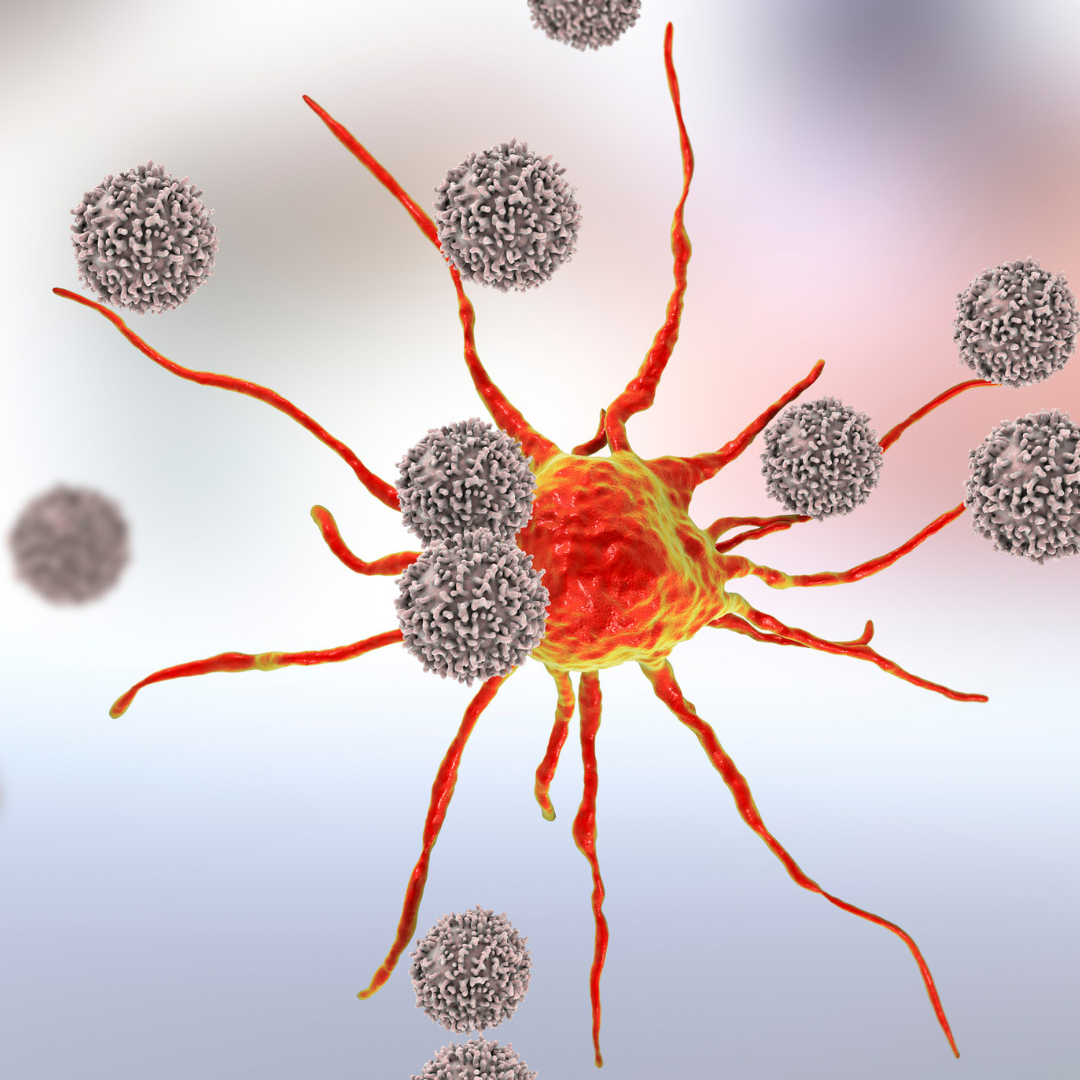Autoimmune Disorders
Examples of autoimmune diseases
This is not a complete list of autoimmune disorders (there are over 100!) but these are examples you might not know where classified as autoimmune disorders.
- Rheumatoid arthritis
- Lupus
- Celiac disease
- Multiple sclerosis (MS)
- Type 1 diabetes
- Psoriasis
- Graves’ disease
- Hashimotos thyroiditis
- Crohn’s disease

How can a group medical visit help?
Autoimmune conditions can be difficult to diagnose and some people may have an autoimmune disorder and not know it yet. There also aren’t any known cures to autoimmune diseases so treatment primarily helps patients manage their symptoms. Autoimmune disorders are disruptive to normal life and finding the right treatment, lifestyle, and coping mechanisms can be challenging.
Group Medical visits offer people an additional resource to help manage their conditions with the support of medical providers, dietitians, and mental health experts, as well as the lived experiences of other patients.



